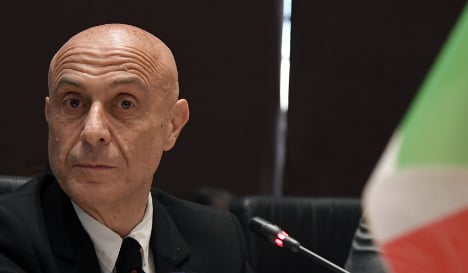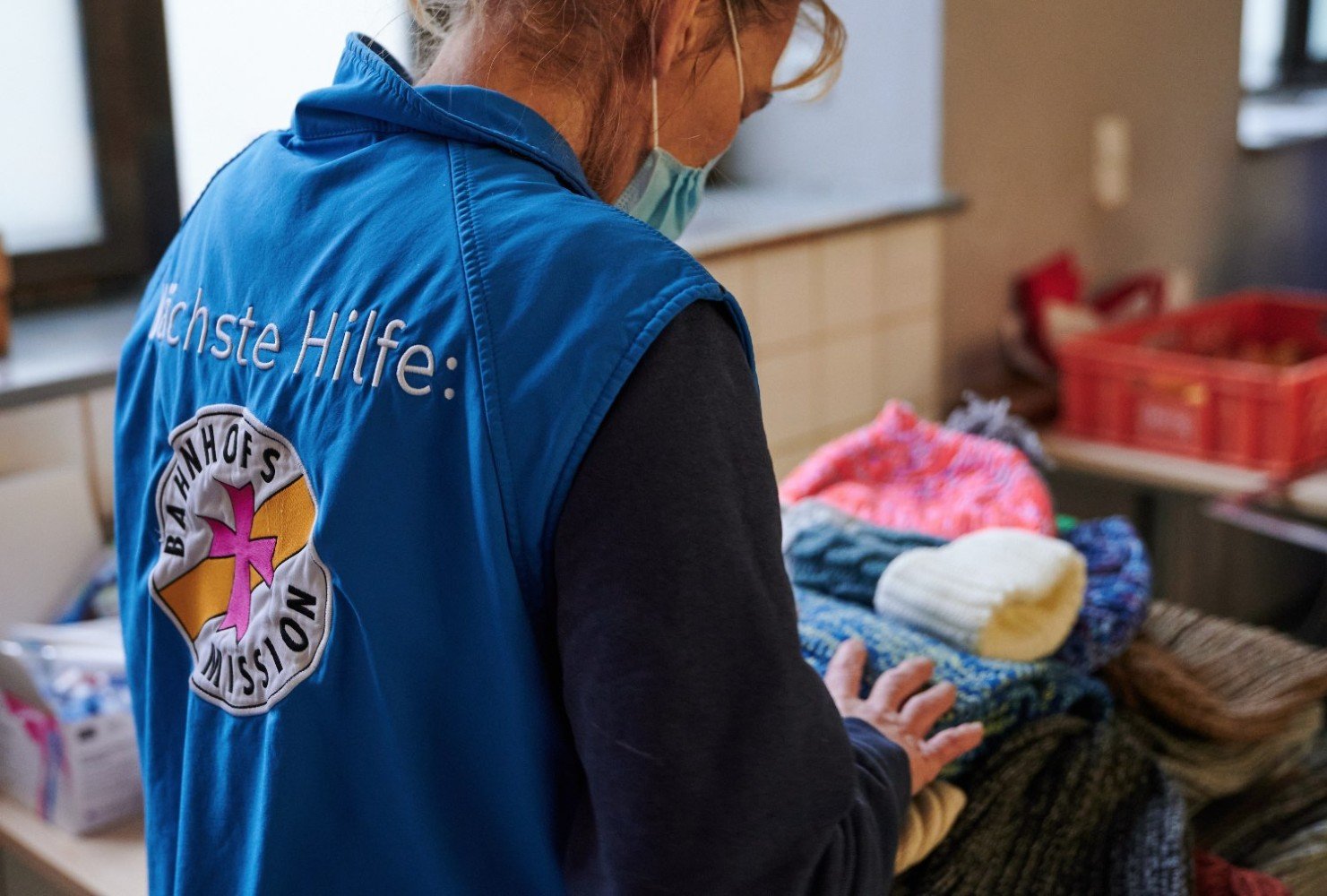“If NGOs do not sign up (to a new code of conduct), it is difficult to see how they can continue operating,” Interior Minister Marco Minniti said in an interview with Turin daily La Stampa.
Minniti's warning came a day after Italian authorities impounded a boat operated by German aid organisatiion Jugend Rettet on suspicion its crew effectively collaborated with people traffickers in a way that facilitated
illegal immigration.
The aid organisation, which has only been operational for a year, declined to comment on the substance of detailed allegations made against it by Italian prosecutor Ambrogio Cartosio.
“For us the rescue of human life is and will be our top priority, so we are very sorry we will not be able to operate in the search and rescue zone at the moment,” the organisation said in a statement on social media.
“We can only assess all the accusations currently being made after we have gathered all the information and can assess the situation.”
Italian authorities had been monitoring Jugend Rettet's boat, the Iuventa, since October.
Its crew is suspected to taking on board dinghy loads of migrants delivered directly to them by people traffickers and allowing the smugglers to make off with the vessels to be used again.
At least one such meeting allegedly took place only 1.3 miles off the Libyan coast, according to the prosecutor's file, the contents of which were published by Italian media.
The crew are suspected of having flouted the authority of the Italian coastguard, which oversees rescue operations in the zone, out of humanitarian zeal rather than for any other motives.
Under the code of conduct, boats like the Iuventa would notably have to have an Italian police officer on board monitoring their activities.
Only three of the nine NGOs involved in search and rescue operations have so far agreed to abide by the code: Save The Children, Malta-based MOAS and Spain's Pro-Activa Open Arms.
The latter said on Thursday it regarded the new rules as unnecessary but acceptable as they would not involve any “significant change or impediment” to its rescue operations.
Among those who have refused to sign is the Nobel Prize-winning organisation Doctors Without Borders (MSF).
Minniti meanwhile said a sharp fall over recent weeks in the number of migrants arriving in Italy following rescues was an indication that efforts to beef up the Libyan coastguard and cooperation with local mayors was bearing fruit.
“In recent days we have begun to see light at the end of the tunnel,” the minister said. He revealed plans for further talks this month with Libyan mayors on economic development initiatives and with Chad, Niger and Mali on measures to reduce the number of migrants leaving those countries in the hope
of reaching Europe.



 Please whitelist us to continue reading.
Please whitelist us to continue reading.